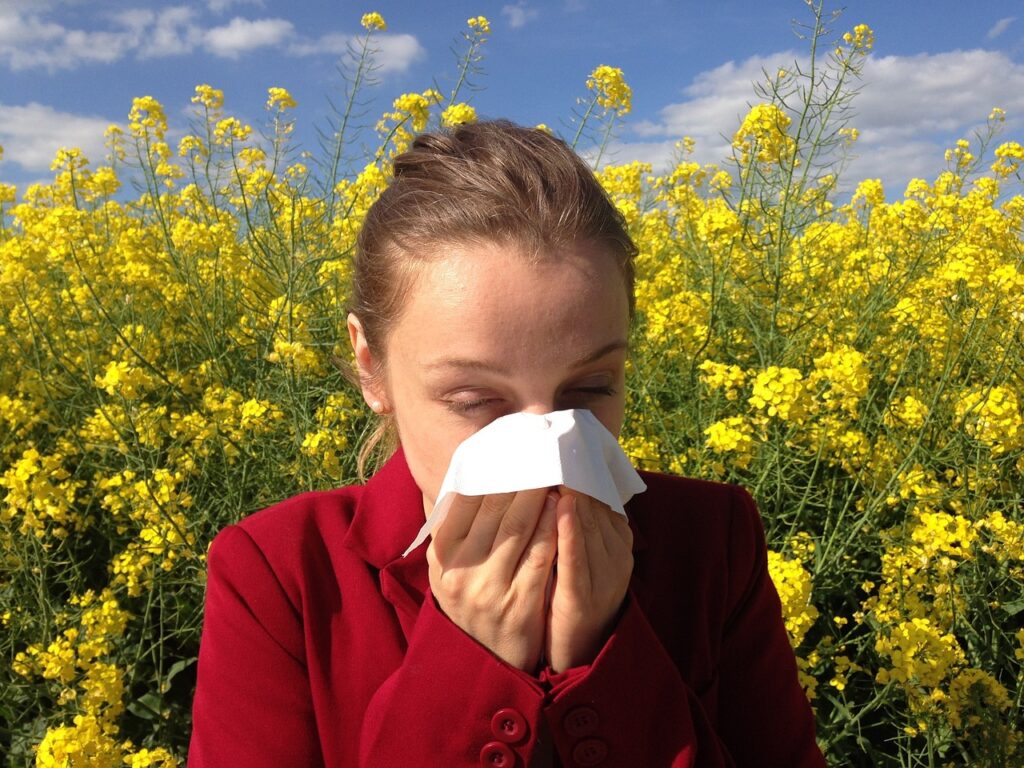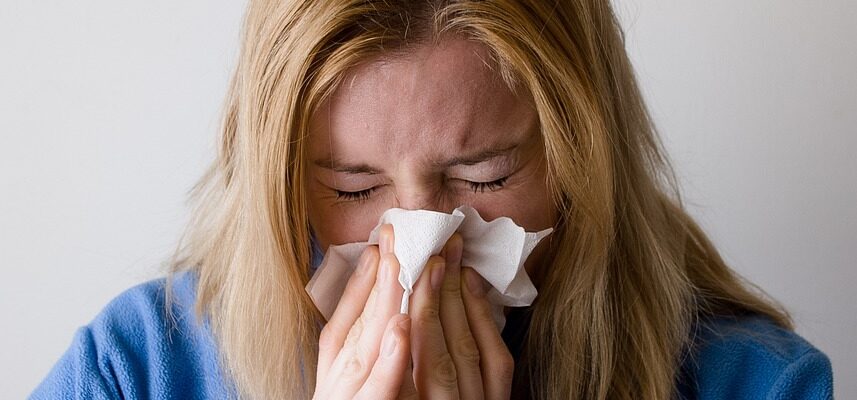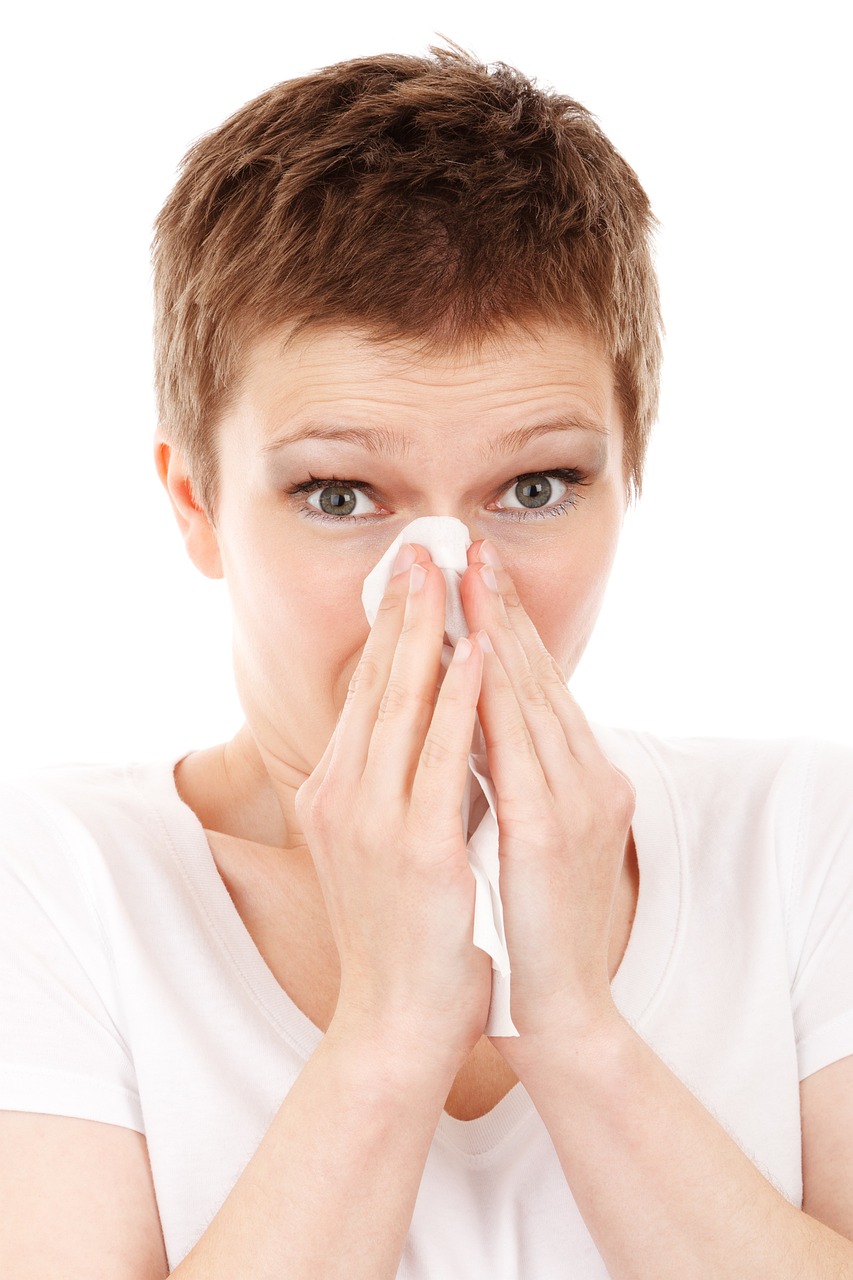4 Tips to Help with Seasonal Allergies
Millions of people worldwide suffer from seasonal allergies, also known as hay fever or allergic rhinitis. During seasonal changes, people with allergies frequently have symptoms such as sneezing, itchy eyes, blocked sinuses, and overall discomfort.
Continue reading to see 4 tips to help with seasonal allergies.
With Allergies Keep Windows Closed
Despite the temptation to open the windows and let in some fresh air; one must resist the urge. Doing so can increase one’s house with pollen. While a breeze can carry both pleasant garden scents, it can also contaminate the air we breathe.
An article by Filtrete, an air filter brand, states, “Many people with sensitive sinuses fare better in a dry, air-conditioned environment that shuts out pollen and dust.” Keeping windows open enables more pollen and dust to enter one’s home. Pollen makes one’s allergies even worse than they already might be.
Shower and Change
Shower after being outside to remove pollen from one’s skin and hair. To prevent carrying pollen indoors, change into clean clothing. Maintaining good hygiene can reduce skin irritability and improve sleep by minimizing the spread of allergens to beds.
An article by Northeast Allergy, an office specializing in treatments and allergies, states, “Taking a hot shower also has an added benefit in that the hot steam from the shower can help open up your airways and clear out any congestion.” Not only will showering help eliminate any pollen one may have picked up, but it also relieves a stuffy nose.

Staying Hydrated
Consuming water in large quantities helps thin mucus and ease congestion. Adequate hydration is essential for optimal immune system function. Drinking enough water can support the body’s defense against allergens and reduces the likelihood of increased immune reactions that can aggravate allergy symptoms.
Additionally, drinking water can help the body remove waste and toxins, which may indirectly improve general health and lessen the inflammatory reaction to pollutants.
Nasal Relief
To alleviate nasal congestion and remove allergens, one can use a saline nasal rinse or nasal treatment device. Nasal irrigation efficiently eliminates extra mucus, which relieves congestion and improves airflow. Sinus cleanse lessens contact and subsequent allergy responses by removing irritants like pollen. Nasal washing is a good and easily manageable treatment option for seasonal allergies.
Conclusion
By accepting and implementing these strategies for managing seasonal allergies, one can regain comfort and wellbeing. Using nasal relief solutions, staying hydrated, keeping windows closed, and practicing good hygiene are all steps to help relieve allergies.
To read more about health, visit our site.



